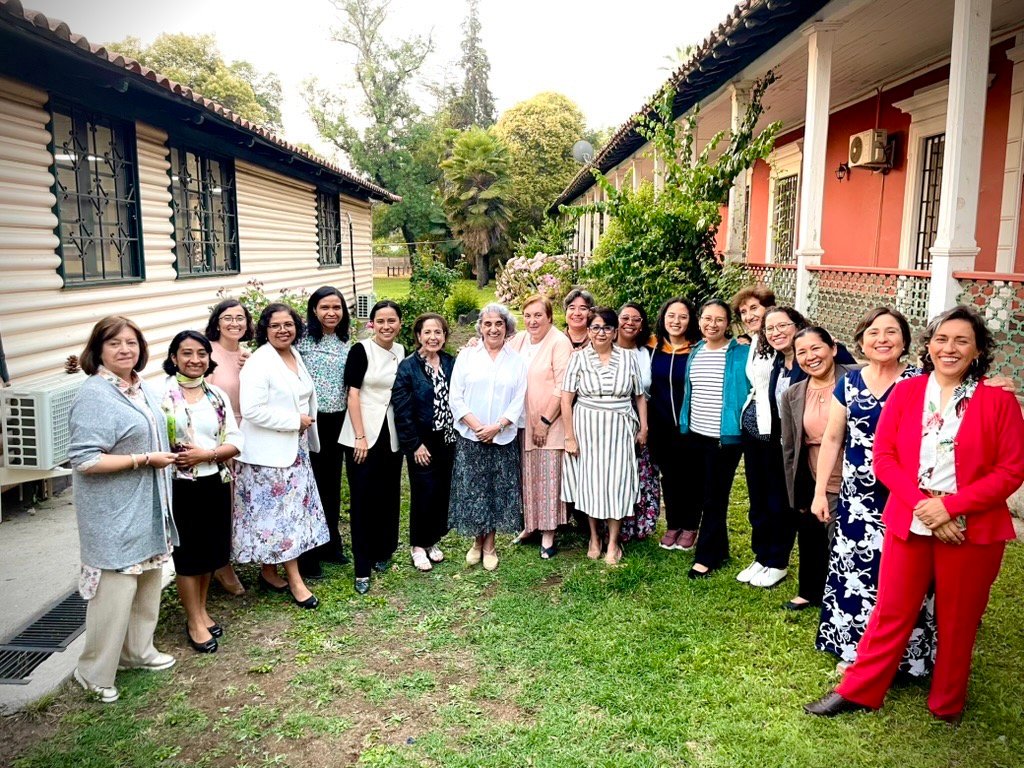
The increase in the rejection of politicians and civil society towards the migrant, the changes in migration patterns with deportation and forced displacement, or the migrant’s mental health, have been some of the issues addressed today by the IV International Health and Migration Congress. The most touching moment has been the experience of NASA astronaut José Hernández, a Mexican immigrant in the United States, as a first-person actor of the difficult transit and stay of a migrant until he manages to insert himself in the destination country.
The congress has just opened this January 11 in Puebla (Mexico) and will discuss until Saturday 13 the local and global impacts of the issue, as well as proposals for solutions and public policy. It is organized by the Rielo Institute for Integral Development and by the Popular Autonomous University of the State of Puebla. It is supported by the World Federation for Health and Migration, the Società Italiana di Medicina delle Migrazioni (Italian Society of Medicine of the Migration), the Ministry of the Interior of Puebla, the National Population Council and the UTPL Hospital (Ecuador), among other organizations.
The Rector of the UPAEP, Emilio Baños, said that migration is the theme of our time and that it is very audacious to study it from the point of view of health. He affirmed that it is regrettable that families have to be divided and communities broken up, in order to obtain work, when it is found that migration is detrimental for all. He criticized that the programs and incentives are not aligned to what should be the background of the combat of the migratory phenomena.
Representing the Rielo Institute for Integral Development, participated Dr. Belen Castaño, who lamented that the opposition of politicians and citizens of different nations against migrants has not been reduced, but on the contrary, that “racism shows its wolf teeth to our brothers migrants and refugees, whose only fault is to flee from hunger and wars, before which only Pope Francis rises hightly in defense of the victims, staying more and more alone “. She added that the progress that was expected and that would have prevented people from leaving their land has finally not been realized.
Dr. Castaño underscored the originality of this congress by placing academics, civil society organizations, the Church and the laity at the same table, thus breaking the university-social world barrier. “This dialogue will prevent universities from locking themselves in the ivory tower of the academy and halt the effectiveness of social organizations, for whom reflection is not easy, as they have to work in the “trench” every day.”
Dr. Lourdes Rosas López, head of the NYU-UPAEP Latinum Consortium Researcher, a researcher at the Faculty of Political Sciences and organizer of this event, stated that the latest estimates about the volume of international migrants indicate that in the world there are 244 million people who are moving to other countries than their own, 41% more than in 2000.
Father Gustavo Rodríguez Zárate, Director of Human Mobility of the Archdiocese of Puebla, spoke from his own experience of 35 years in lodging and accompaniment of migrants and stressed that they should feel at home, for which the attitude of the places of welcome must be for the migrants, with the migrants and from the migrants. Never treat them as a commodity.
The last intervention was by Dr. Cecilia Suárez, Director of Catholic Relief Services in Mexico, who explained what is related to mental health in the immigration process, due to the situations to which the person is subjected: physical, sexual and psychological violence, constant persecution, fear, stress, witnessing horror and organized crime. She addressed the different ways of dealing with everything, from the healing and resilience way.
Health is a crucial factor in the face of migration and therefore the congress is not a meeting only for diagnosis, but to exchange proposals that improve the health conditions of the migrant population. To this end, a joint statement will be issued on the urgency of attending health, according to the specificities of the populations that move. This manifesto will focus on infectious diseases, addictions, sexual health, mental health, legal and economic aspects, public health, emergency and social services for migrants and cultural elements involved in the health of the population that moves.
Más información en: www.saludmigracionpuebla.com saludymigracion@uapep.mx


















